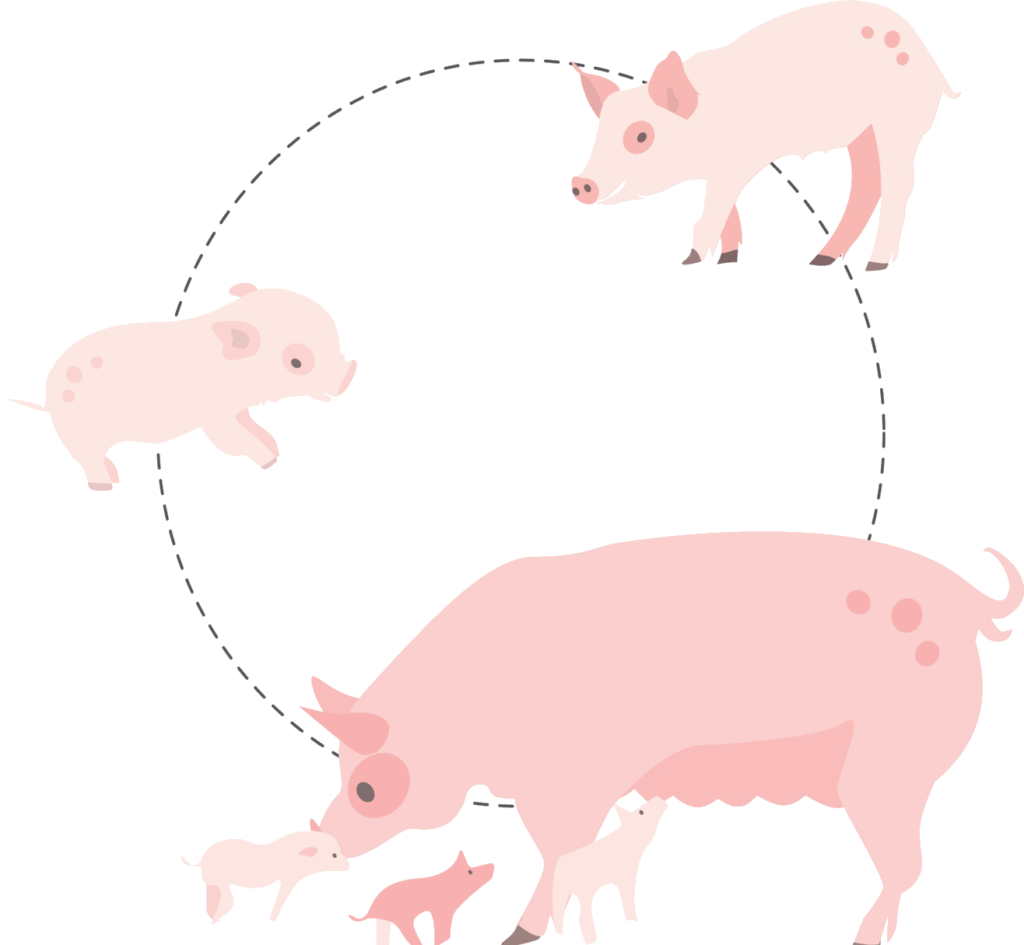The workshop provide participants with the theoretical foundations and practical tools needed to assess and quantify animal welfare. It addresses one of the most pressing challenges in animal welfare science: measuring the affective experiences (negative and positive) of non-verbal beings across a variety of living conditions, production systems and species. The Welfare Footprint’s workshops have been delivered to diverse audiences across several countries, including researchers, veterinarians, industry professionals, regulatory agencies, zoos, animal protection organizations and pain scientists.
will be able to estimate how much suffering is associated with different welfare challenges and production systems and identify key research gaps in their subject areas.
can compare, quantitatively, the welfare impact of interventions, laws and standards to reduce animal suffering.
will be able to describe, estimate and compare the pain from different diseases and injuries with a friendly notation method and universal metric, hence treat pain more effectively.
will be able to quantify the welfare costs of different nutritional, genetic and management practices, and determine the cost-effectiveness of welfare improvements for the industry.
can establish objective thresholds on how much loss of animal welfare is acceptable for animal-sourced products associated with different industry practices and production systems.
can estimate the animal welfare costs of different environmental policies, hence establish standards and legislation that do not unintentionally harm animals as a consequence.

Participants will develop critical skills and insights, including how to:

Our workshops focus on hands-on application and collaborative learning, ensuring participants can immediately apply what they’ve learned. The structure includes two core modules:
Participants will observe the Welfare Footprint Framework in action, using AI-generated temporary results tailored to their specific scenarios of interest. This dynamic approach enables attendees to focus on interpretation and application while the computational steps are handled by AI.
• Acquire cutting-edge tools and methodologies for measuring animal welfare.
• Contribute to evidence-based policies and practices that improve welfare outcomes.
• Integrate diverse types of evidence—neurological, behavioral, physiological, and evolutionary—into rigorous welfare assessments.
• Collaborate with peers and experts to tackle critical welfare challenges.
• Use AI technologies to perform rapid, data-driven analyses, develop actionable insights, and visualize welfare impacts.
The workshops can be delivered:
If you are interested in hosting a workshop for your event or organization, please contact us at workshop@welfarefootprint.org.
